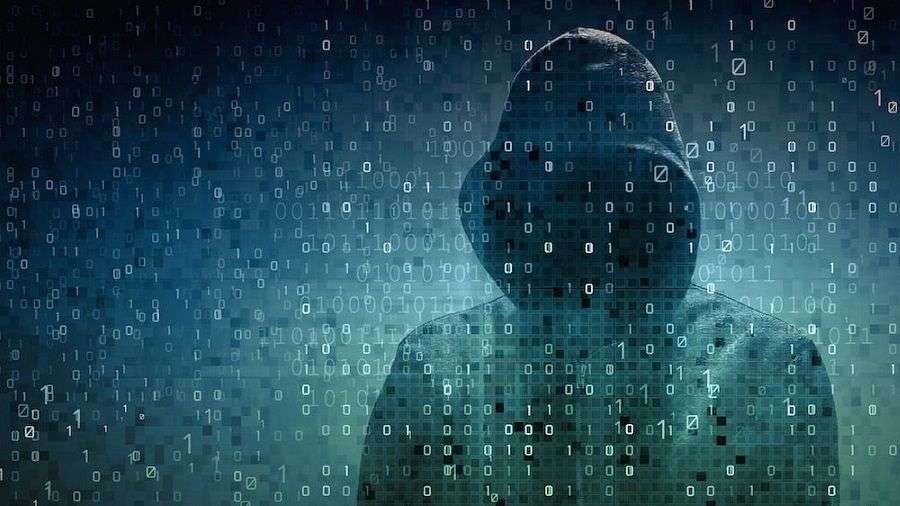Hackers withdrew $7 million worth of cryptocurrencies from Origin Protocol.

The Origin Protocol decentralized funding project was hacked. Hackers attacked the Origin Dollar repository (OUSD) and were able to withdraw various cryptocurrencies with a total value of more than $7 million.
According to the co-founder of the project, Matthew Liu, now the team is trying to find out exactly what vulnerability the attackers used. Most likely, we are talking about some type of attack using instant loans. Hackers were able to receive $5.5 million in ETH and $2.2 in DAI. Liu said that he was not sure of the possibility of a refund.
“Hacker: We ask you to do the right thing and return the funds. You have already demonstrated your hacking skills, we will gladly hire you as a security consultant. If you return all the funds, we will not pursue you in any way. We ask you to think about the hundreds of innocent people you hurt and return the funds, “Liu wrote.
Also, the co-founder of Origin Protocol emphasized that the hacker acted from the outside and the hack was not the result of internal fraud. Note that most recently the projects of DeFi Akropolis and Value were hacked.
Stablecoin OUSD was launched in late September. This is a token, the cost of which is calculated on the basis of three other stablecoins on the Ethereum blockchain: USDT, USDC and DAI. After the hack, the cost of OUSD decreased to $0.54. Computer security specialists at the Massachusetts Institute of Technology (MIT) believe that the blockchain will not make the election safer, but on the contrary, will increase the risk of hacking the system.
Employees of the MIT Computer Science and Artificial Intelligence Laboratory Sunoo Park, Michael Specter, Neha Narula and Ronald L. Rivest concluded that the blockcheck.
In their study, analysts emphasized that personal presence remains the most applicable for elections, or sending ballots by mail. Professor Rivest stated:
“Although current voting systems are far from ideal, blockchain systems will significantly increase the risk of fraud in national elections, and make them undetectable. I have not seen a system on the blockchain that even the counting of votes at the district fair would entrust, not to mention the presidential election. “
Researchers emphasized that hacking the voting system on the blockchain is quite possible. And if hackers hack into a cryptocurrency exchange, then users can receive compensation, but if the voting system is hacked, this is impossible.
“There is no insurance for voting. There is no way to count real votes in the event of a system hack, “said MIT employees.
Earlier, Ronald Rivest had already spoken out against the use of blockchain to organize votes. At the same time, he believes that distributed registry technology may well be used in other areas



